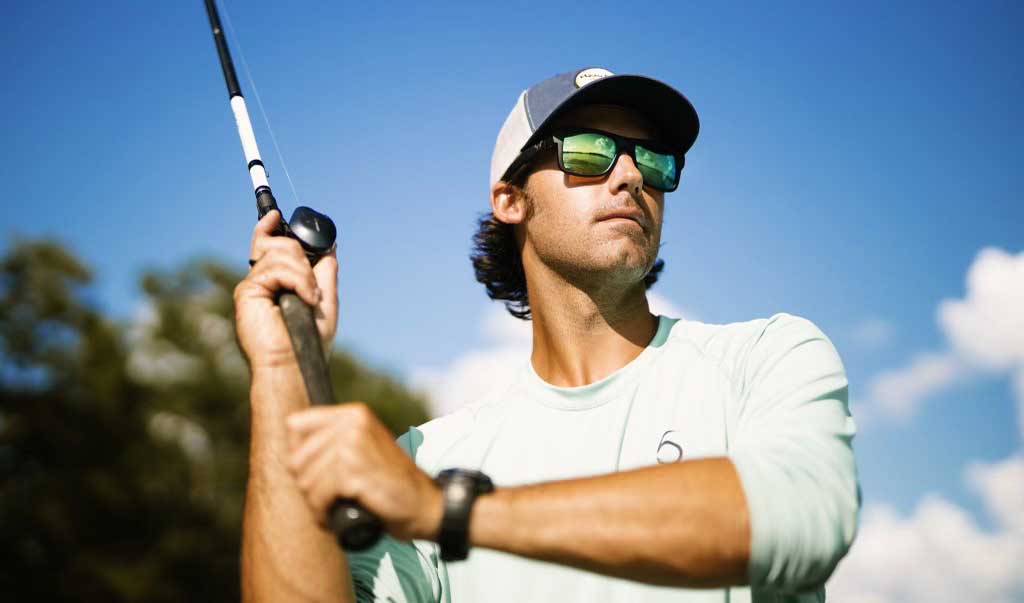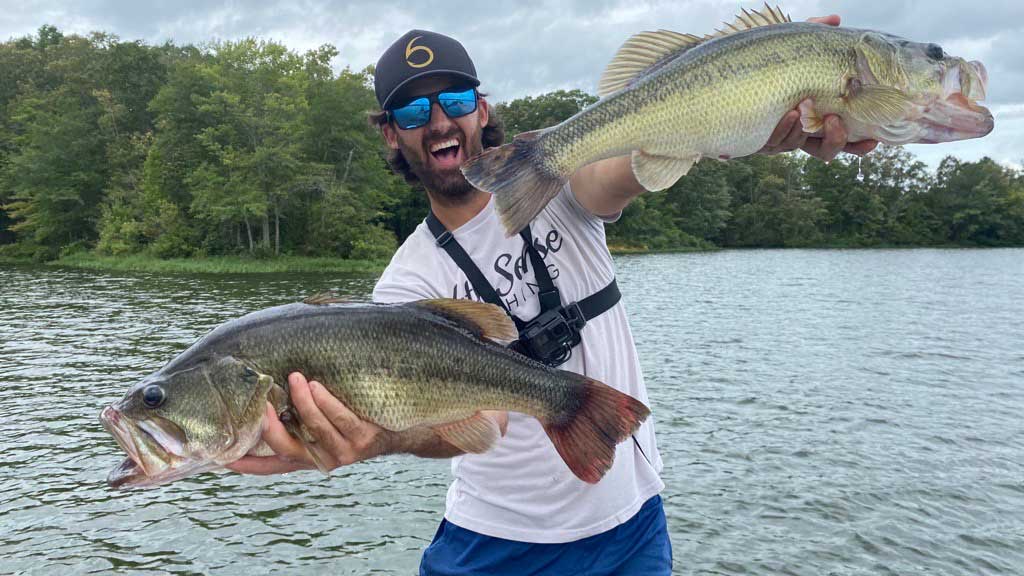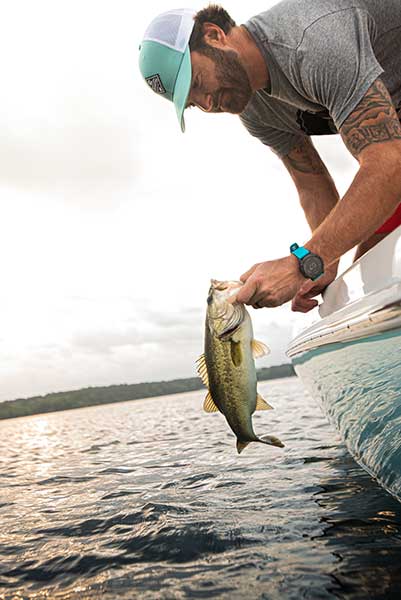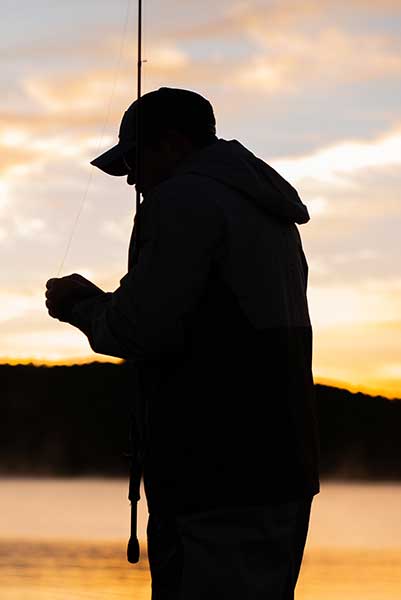Tips for Catching Summer Bass

Bass can be notoriously hard to hook in the heat of the Summer. Cole Harken drops his tips to put more bass in your boat this summer.
1. Take advantage of low light hours. The first 3 hours of the morning and last 3 hours of the afternoon can often be your best time frame for getting bit. This is when we really like to get our topwater lures out try and get a big blowup. Not only are those hours an ideal time for fish to bite, but it’s likely the most comfortable for you to be on the water too.2. Chase bass offshore. Summertime is a great time of year to chase bass offshore. Bass will often congregate in large schools around offshore structure: main lake points, humps, ledges, deep brush piles etc. Once you locate a school and get them to fire, you can often catch a bunch of them in a hurry. Once you catch one off a school you want to get your lure back in there as fast as possible to take advantage of the feeding window. Lures like Deep Cranks, Swimbaits, Big Worms, Football Jigs, and Carolina Rigs are great options for targeting bass deep.
"Take advantage of low light hours. The first 3 hours of the morning and last 3 hours of the afternoon can often be your best time frame for getting bit."
3. Fish shade lines for shallow bass. Opposite of fishing out deep, a lot of bass will stay shallow all summer long. A couple of things to look for up shallow are shade lines created by boat docks, tree branches, etc. Like us, bass like to get out of direct sunlight by finding these shady areas where they will sit on the edge of the shade and ambush forage. Skipping lures into these shady areas can produce consistent bites on a hot sunny day.
BONUS TIP:
Any time you are around shallow vegetation, do not hesitate to pick up a frog or any other weedless presentation and go to work. Bass love to get under matted grass and Lilly pads during the heat of the day. When the water temps are high across the lake, areas with vegetation will often have lower water temps and a higher dissolved oxygen level that is going to be more favorable to bass, thus being more likely to have a higher population of fish in the area to throw at.


Fishing Gear
-
Regular price$129.99Regular priceSale price$129.99 Save $-130.01 (%)Unit priceper
Camp Boots | Mens - Mossy Oak Bottomland
-
Regular price$69.99Regular priceSale price$69.99 Save $-70.01 (%)Unit priceper
Camp Shoes | Mens - 2-Tone Mossy Oak Original Bottomland
-
Regular price$129.99Regular priceSale price$129.99 Save $-130.01 (%)Unit priceper
Camp Boots | Womens - Shadow Leopard
-
Regular price$129.99Regular priceSale price$129.99 Save $-130.01 (%)Unit priceper
Camp Boots | Womens - Leopard/Black
Blog posts
-

Quack Shack's Migration Tour
In this episode the boys meet up with Dirty Duck Coffee in Alberta Canada. We talk about the start of...
-

Wildly Edible : Blackened Redfish Tacos
Fish tacos are always in the dinner rotation, especially when the fish are biting. This blackened redfish taco recipe is full of flavors...
-

Summer Dog Training
With the mercury running up like the price of diesel, we’re all looking for ways to keep our dogs on...
-

Wildly Edible : Turkey Nuggets
What separates one turkey nugget recipe from another? It starts with your marinade and dredge. This southern fried wild turkey nugget recipe will...











